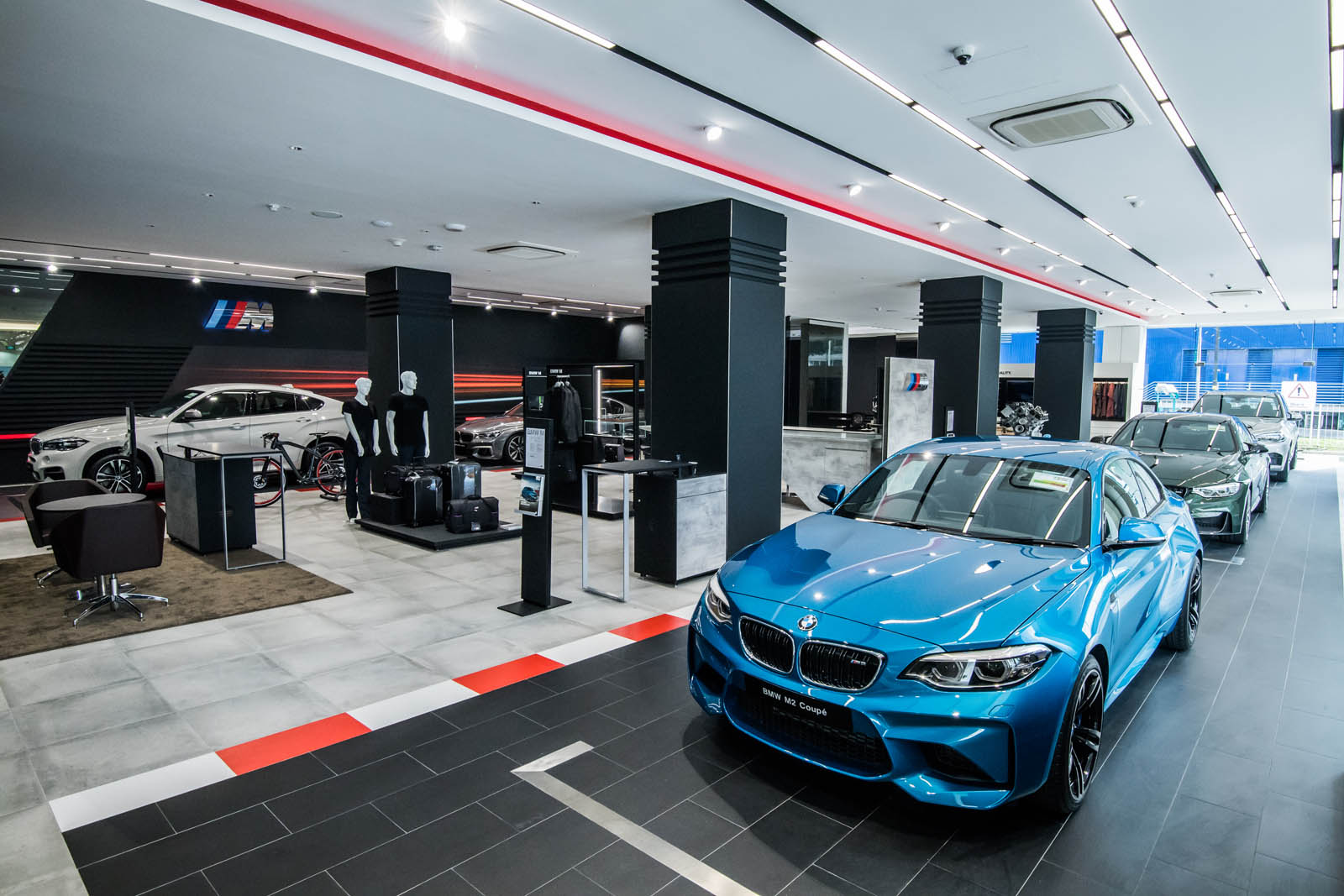BMW might sell its products direct to consumers in the near future. The German brand’s CFO, Nicolas Peter, recently indicated that not only does it want to go that route but that talks with dealers were already taking place. Should BMW follow through on the plan it would be the first big legacy brand to ditch the dealership middle-man model.
Newer brands like Lucid, Rivian, and especially Tesla have proven the value of selling direct to customers. Recently, rumors about a number of legacy brands like Ford and GM have been swirling about them making the switch. A new report suggests that BMW is pondering to do exactly that.
Speaking to the German journal Muenchner Merkur and first reported by Reuters, Peter specifically said that “We want to give customers the opportunity to order directly from us (BMW).” According to the report, Peter also clarified that both BMW and MINI products would potentially be available directly from the brand.
Read: Texas EV Rebate Won’t Apply To Tesla Due To Its Direct Sales Model
BMW is evidently in “constructive talks” with dealers about the change and as soon as 2024, customers might be able to buy Mini products directly. BMW customers would have to wait until 2026 as it stands for now. The specifics of the changeover have not been announced but we imagine it won’t be an easy process.
Automakers that sell directly to consumers face a number of hurdles when it comes to selling their products in the USA. Even Tesla with its extensive network of service facilities and infrastructure is barred from opening up its own stores in some states. Moreover, many states such as Texas, Connecticut, and Nebraska have bans on direct-to-consumer automotive sales.
It’s easy to see why BMW and potentially other manufacturers would want to sell straight to consumers. More control over the product, pricing, and experience is good for the automaker. In addition, it would allow buyers to avoid the frustration that arises when the automaker and dealer disagree on how much a vehicle should cost. That’s one reason that Ford will soon require its EV-certified dealers to have transparent pricing.




